Elaborate research work
The book " Hanoi in modern times - from concession to city (1873 - 1945)" by author Dao Thi Dien is a thorough and comprehensive study of the "transformation" of Hanoi in the process of becoming a modern Western-style city, becoming the capital of the French Indochina Federation in the late 19th and early 20th centuries.
"Hanoi in modern times - from concession to city (1873 - 1945)" is selected from scientific reports and articles about Hanoi published in newspapers and magazines by researcher Dao Thi Dien. This can be considered both a monograph with a rigorous scientific research method and a specific and easy-to-understand introduction for anyone who wants to learn about the history of Hanoi in modern times.
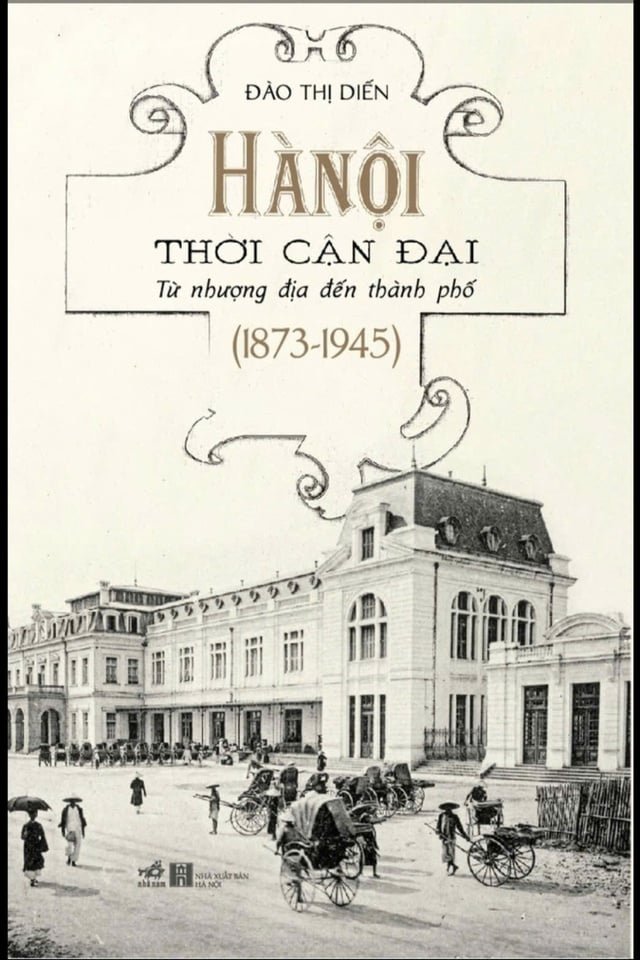
Book cover
The book is divided into two main parts. Part I includes 5 articles about the tragic period in modern Vietnamese history (1873 - 1897) through the events of Hanoi being attacked, occupied and destroyed by French colonialists.
Part II consists of 35 articles that provide a panoramic picture reflecting the transformation of Hanoi from a concession into a "French city", a "miniature Paris" according to the intention of the colonial government. This transformation took place simultaneously in all areas of politics , boundaries and administrative organization, planning, construction and expansion of the city, transportation, culture - society, education, protection of landscapes and historical relics.
In addition to the 40 articles above, at the end of the book there is also an appendix including "Table of names of streets, squares, and flower gardens in Hanoi before and after 1954" and "A brief list of names of French people named after streets, squares, flower gardens, and some constructions in Hanoi before 1954".
Another unique point in Dao Thi Dien’s approach to Hanoi’s history is that her research is always viewed through the lens of archival documents. These documents are like “living witnesses”, they do not interpret or orient, but give us the most authentic and objective evidence to look at history. And in that way, Dao Thi Dien has brought a specific image of Hanoi, to evoke a sincere love for Hanoi.
Sending deep love to Hanoi
Author Dao Thi Dien was born in 1953 in Hanoi. She is the author of many published monographs on Hanoi: "Hanoi through documents and archives (1873-1954)" (editor-in-chief); "System of legal documents on construction and management of Hanoi City from 1885 to 1954". In addition, she also participated in compiling the books: "Dictionary of Hanoi streets", "Historical Chronicle of Thang Long - Hanoi", "Western Quarter in Hanoi in the first half of the 20th century through cadastral documents", "Administrative place names of Thang Long - Hanoi (from the beginning of the 19th century to the present)".
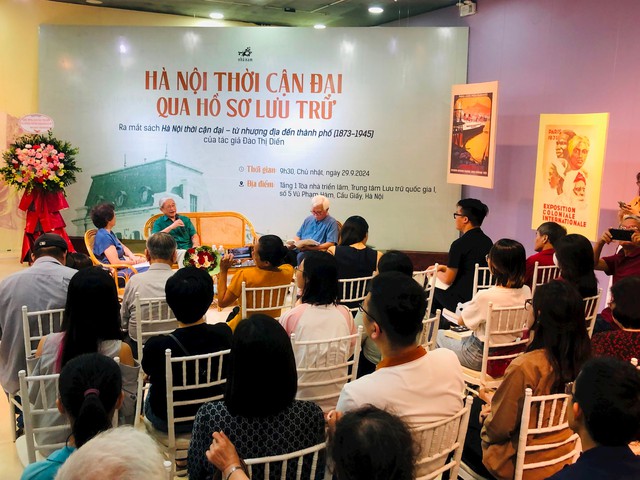
Seminar "Modern Hanoi through archival records" at National Archives Center I, Hanoi (photo:hanoimoi)
Working with the National Archives Center I, Dr. Dao Thi Dien had the opportunity to exploit archival documents about Hanoi. In her book, she exploited a large number of documents from archives such as the Archives of the Admirals and Governors of Cochinchina (Fonds des Amiraux et des Gouverneurs), the Archives and Library of Indochina (Fonds de la Direction des Archives et des Bibliothèques de l'Indochine), the Hanoi Governor's Office (Fonds de la Mairie de Hanoi), the Education Department of Tonkin (Fonds du Service de l'Enseignement au Tonkin), etc. In addition, there are many magazines published during the French colonial period...
Notably, these archives and journals provide a large number of regulations, decrees, notices, diagrams of the colonial government, letters, notes, reports of individuals who were French officials and generals during the invasion and rule of Hanoi. These are authentic documents, created at the time of historical events, so these documents contain a lot of accurate, objective, multi-dimensional information, which is extremely important in the pursuit of historical truth, evaluating historical events and figures. These documents are considered "living witnesses" of history.
Talking about this book, the author, Dr. Dao Thi Dien, said: As someone who was born and raised in a small neighborhood in the North of Hanoi nearly two years before the capital was taken over (1954), my childhood passed peacefully with countless memories. I would like to send my deep love for Hanoi to readers who share the same love for Hanoi as I do in this book.
Source: https://toquoc.vn/ha-noi-thoi-can-dai-qua-ho-so-luu-tru-20240929224915146.htm



![[Photo] Panorama of the Opening Ceremony of the National Press Festival 2025](https://vphoto.vietnam.vn/thumb/1200x675/vietnam/resource/IMAGE/2025/6/20/6b835ee92c2c4df587af73cb2d1f4f5f)






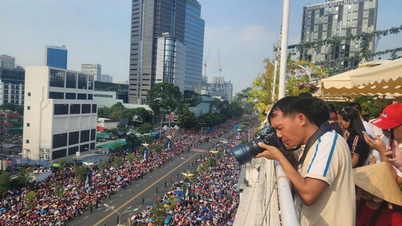

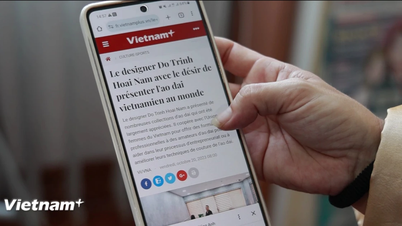
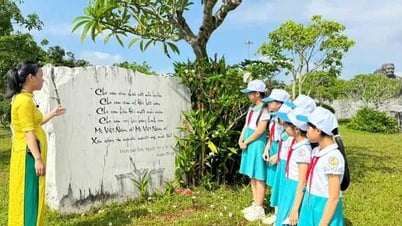

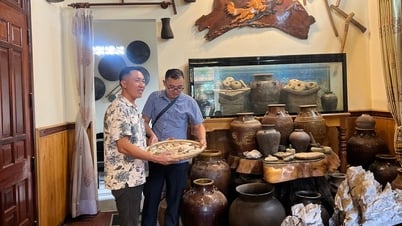





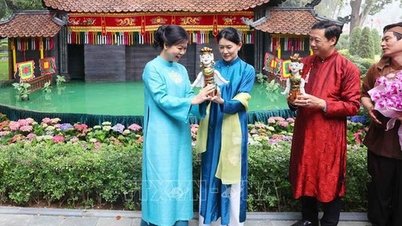
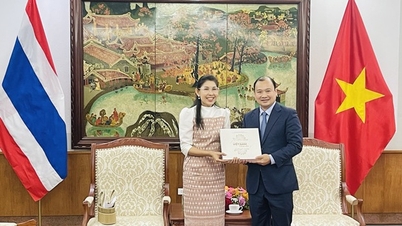
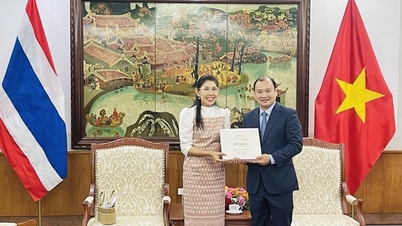

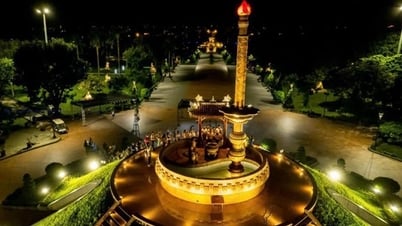
![[Photo] General Secretary To Lam chairs the 14th Central Military Commission Conference](https://vphoto.vietnam.vn/thumb/1200x675/vietnam/resource/IMAGE/2025/6/20/a9d25fc6dd664fb9a3757502f32e5db0)



























![[Maritime News] Wan Hai Lines invests $150 million to buy 48,000 containers](https://vphoto.vietnam.vn/thumb/402x226/vietnam/resource/IMAGE/2025/6/20/c945a62aff624b4bb5c25e67e9bcc1cb)


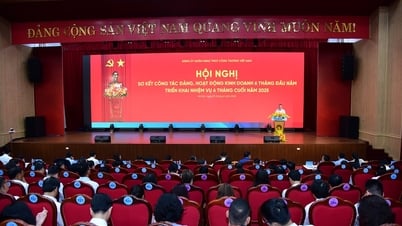


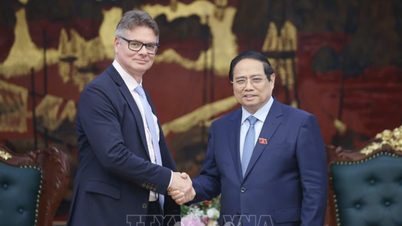



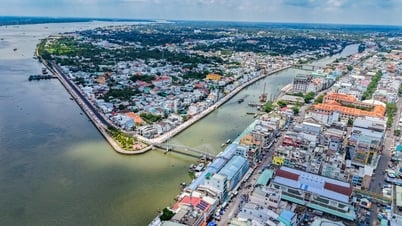


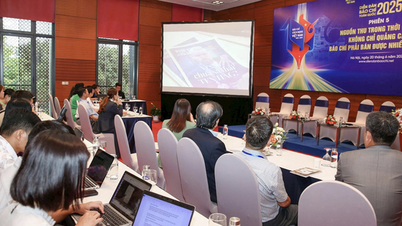

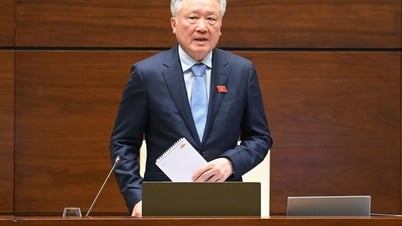




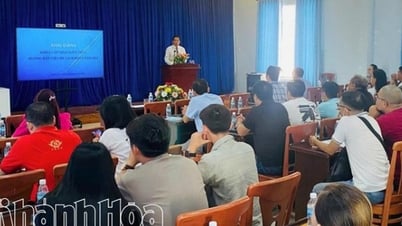
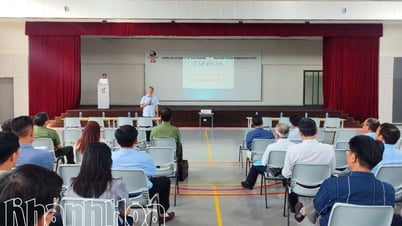



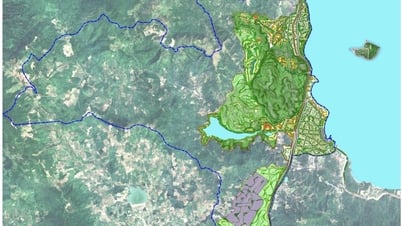

















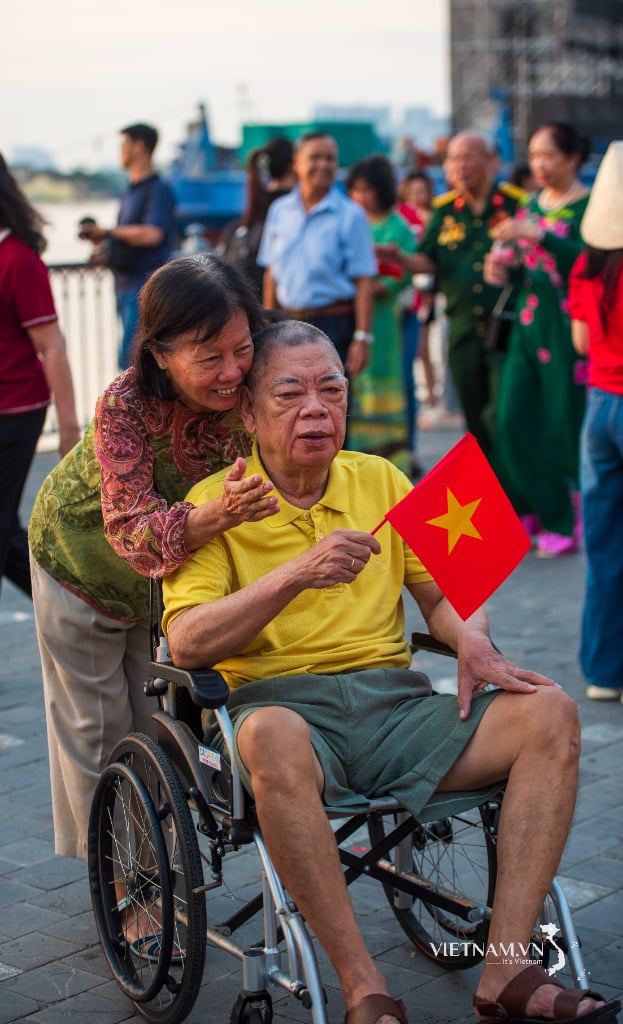
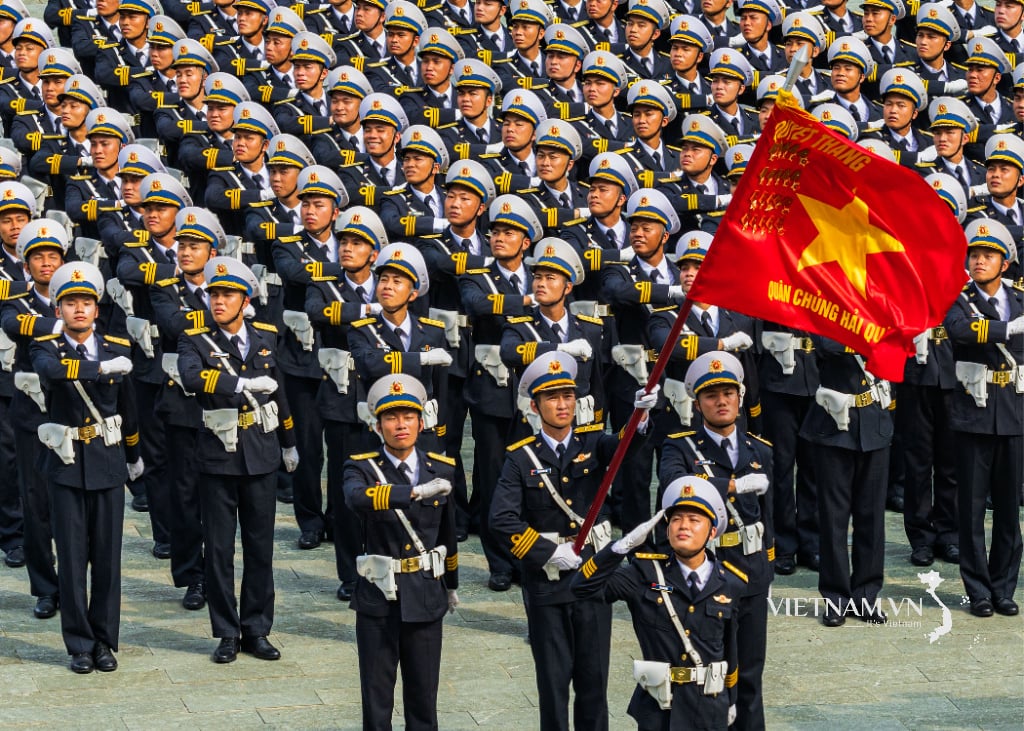

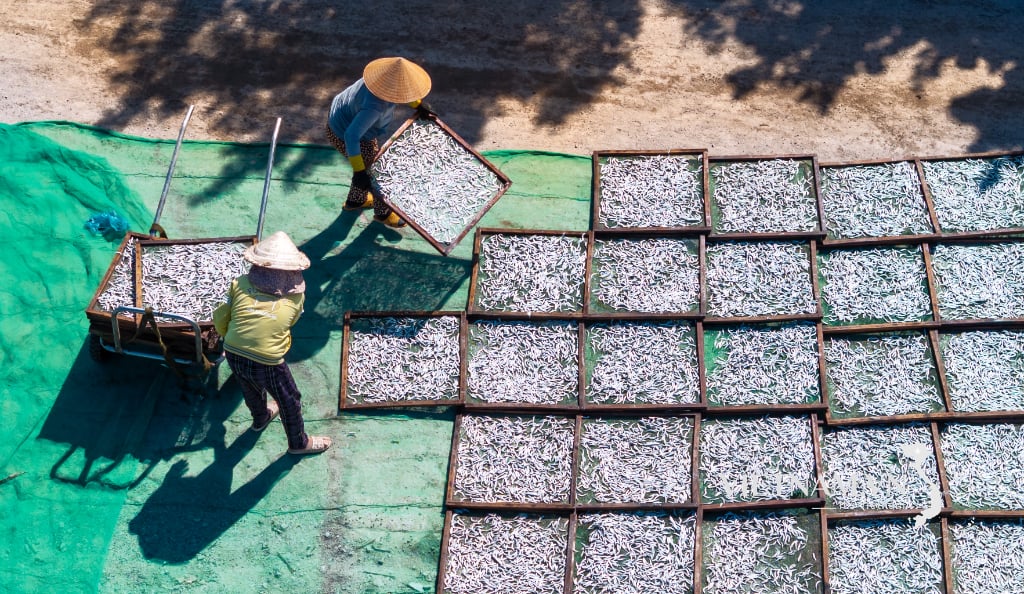
Comment (0)